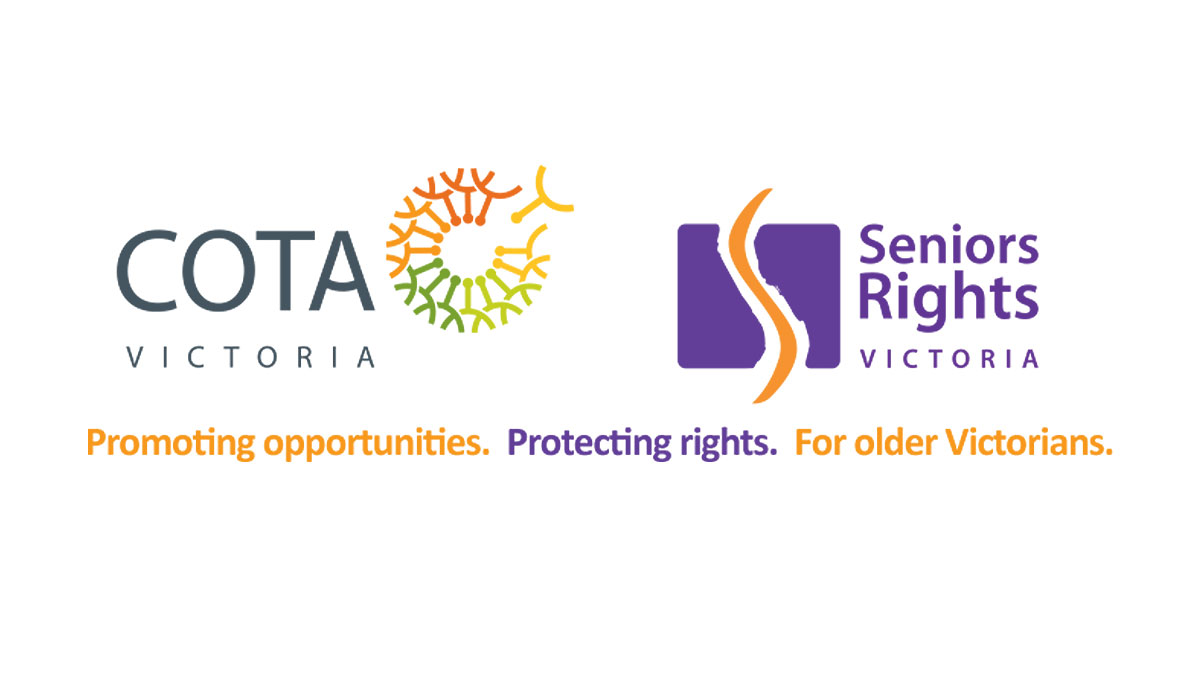What are the side effects?
As with any vaccine, the AstraZeneca COVID-19 vaccine may cause side effects – but they are usually mild and short-lived. Around two-thirds of people experience some side effects, which start within a day and last a day or two.
A very small number of people have reported more the severe side effects of anaphylaxis (severe allergic reaction) or a condition called thrombosis with thrombocytopenia syndrome (TTS).
What is thrombosis with thrombocytopenia syndrome (TTS)?
TTS involves blood clots (thrombosis) and low levels of blood platelets (thrombocytopenia) and occurs around 4 to 28 days after vaccination. The blood clots can occur in different parts of the body, such as the brain or in the abdomen. Symptoms of TTS can include abdominal pain and/or severe headache that does not settle with pain relief. TTS is very rare, but it can make people very unwell and can lead to long-term disability or death.
Is the AstraZeneca vaccine safe for people who have had blood clots before?
It depends. The Pfizer vaccine is recommended for people who have previously had blood clots from:
- cerebral venous sinus thrombosis
- heparin-induced thrombocytopenia
- idiopathic splanchnic thrombosis
- antiphospholipid syndrome with thrombosis.
However, if you have had other types of blood clots in the past, such as deep vein thrombosis (DVT) or pulmonary embolism (PE), or if you have risk factors for blood clots, you can still have the AstraZeneca vaccine. There is no evidence that people who have had a past history of other types of blood clots have an increased risk of developing TTS or becoming more ill from it if it occurs.
You can receive the AstraZeneca vaccine if you:
- have history of blood clots in typical sites
- have an increased clotting tendency that is not immune-mediated
- have a family history of blood clots
- have a history of ischaemic heart disease or stroke
- have current or past thrombocytopenia (low platelet count)
- are receiving anticoagulation therapy.
If you have questions about a pre-existing medical condition and getting a COVID-19 vaccine, talk to your doctor or health care provider.
I’ve received one dose of the AstraZeneca vaccine and am due for the second. What should I do?
For better protection against COVID-19, it’s important to have two doses of the AstraZeneca vaccine about 12 weeks apart. If you’ve had one dose without any serious adverse events, you should get a second dose of the same vaccine.
UK data suggests that the risk of TTS is much lower after the second dose, at just 1.5 cases per million second doses.
How do I weigh up the risks and benefits?
To make an informed decision about receiving the vaccine, you should weigh up the potential benefits and risks. To support decision-making, the Australian Technical Advisory Group on Immunisation (ATAGI) has looked at the benefits and risks of vaccination with AstraZeneca. It found that the benefit of preventing severe COVID-19 outweigh the potential risks for older adults, even when the risk of exposure is low. This is because older adults have a lower risk of TTS and a higher risk of severe outcomes from COVID-19.
How do I book my vaccination?
You can be vaccinated at a vaccination centre or at a participating GP or community health service.
To book at a vaccination centre:
- use the online booking system
- call the Coronavirus Hotline on 1800 675 398 (press 0 for an interpreter)
There’s extra support to get vaccinated for people with a disability, carers, volunteers and disability support workers.
To book with a GP or community health service, use the Australian Government Eligibility Checker to find your nearest clinic.
Where can I find out more?
- Australian Government Department of Health information on the AstraZeneca vaccine
- other questions about the COVID-19 vaccines
- how vaccines work video
- information in your language and in plain English
- information for people with disabilities
Information provided by the COVID-19 Vaccination Program, Victorian Department of Health
